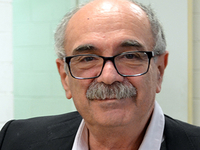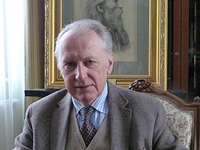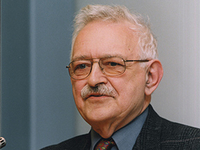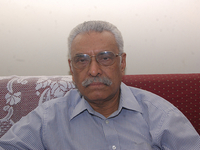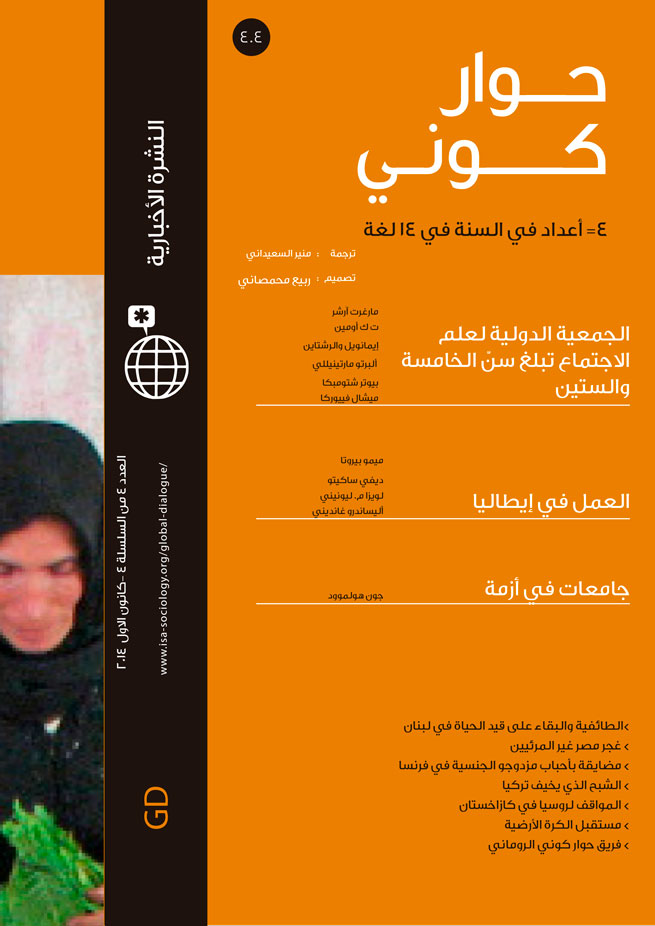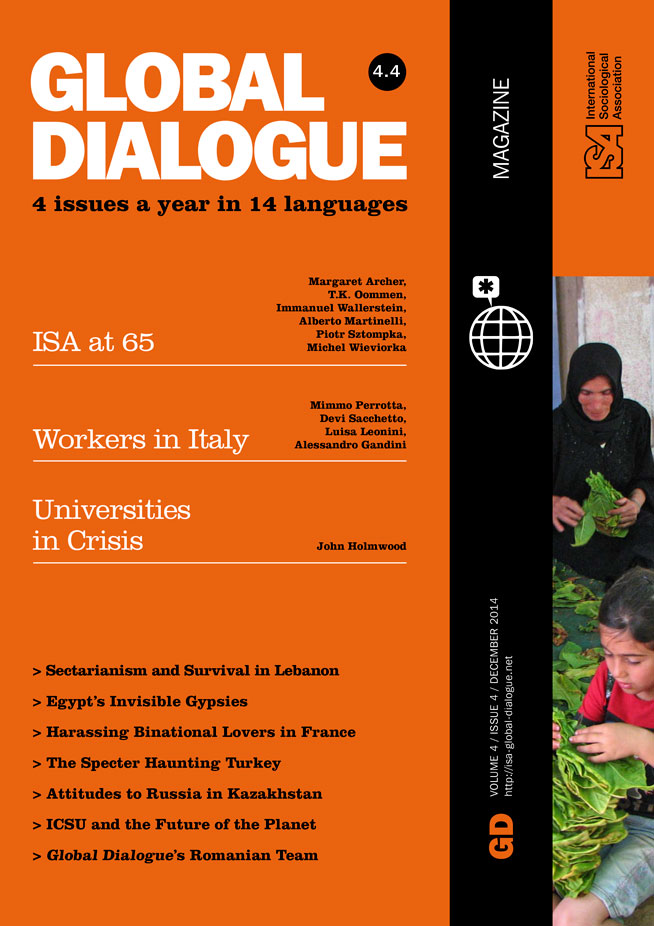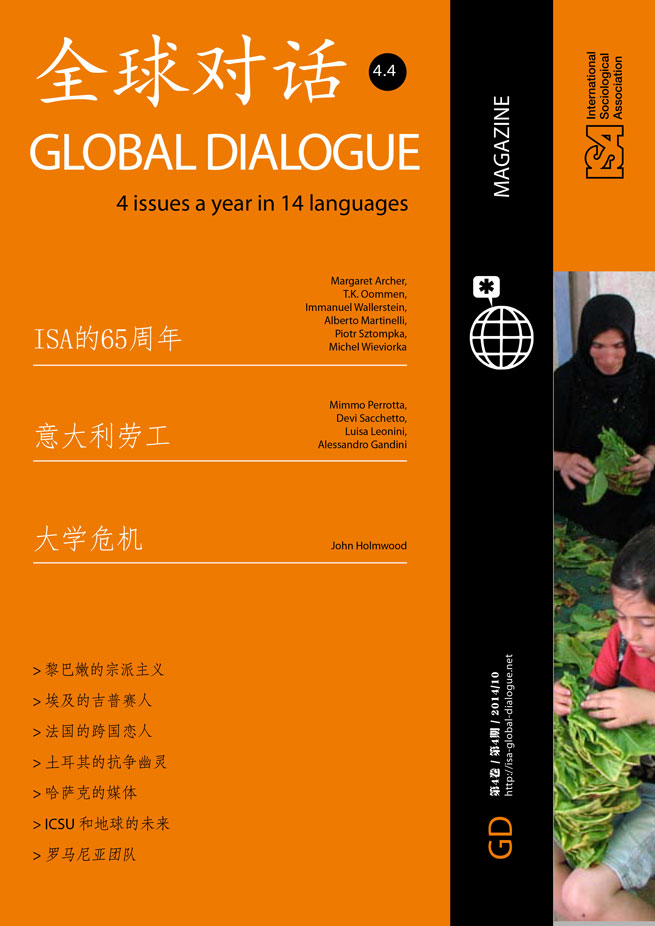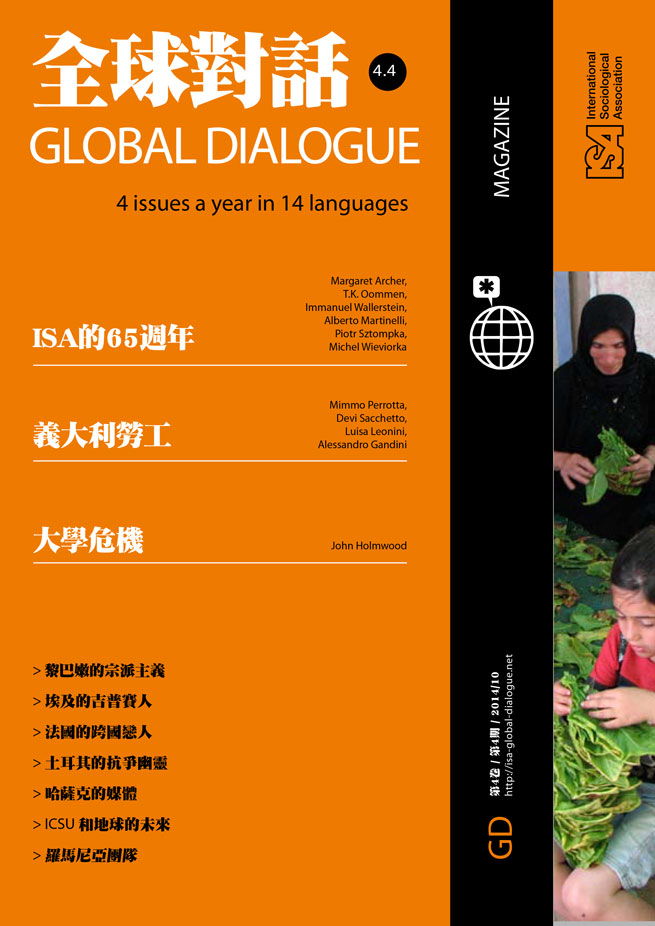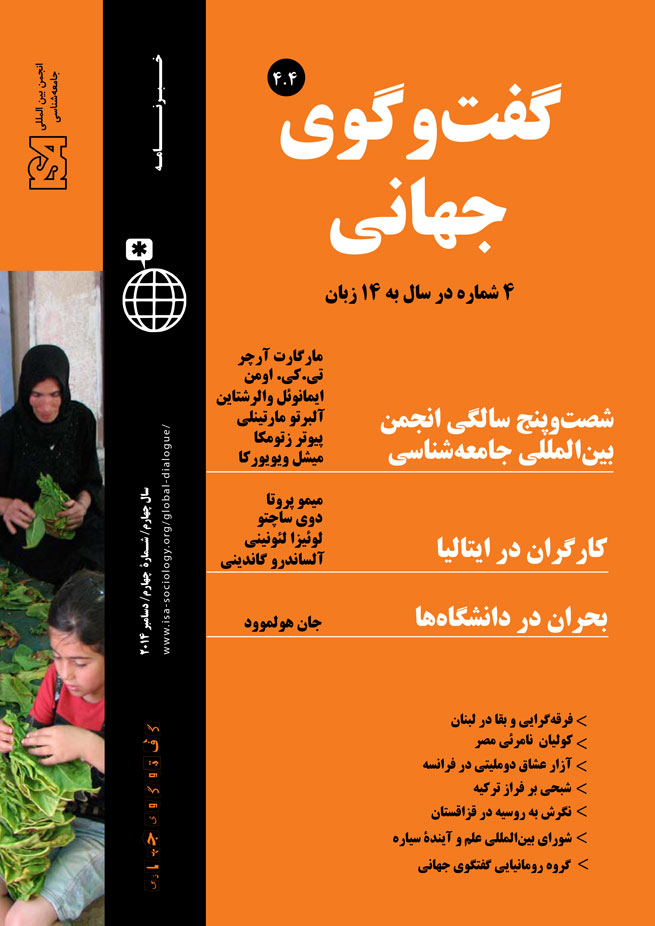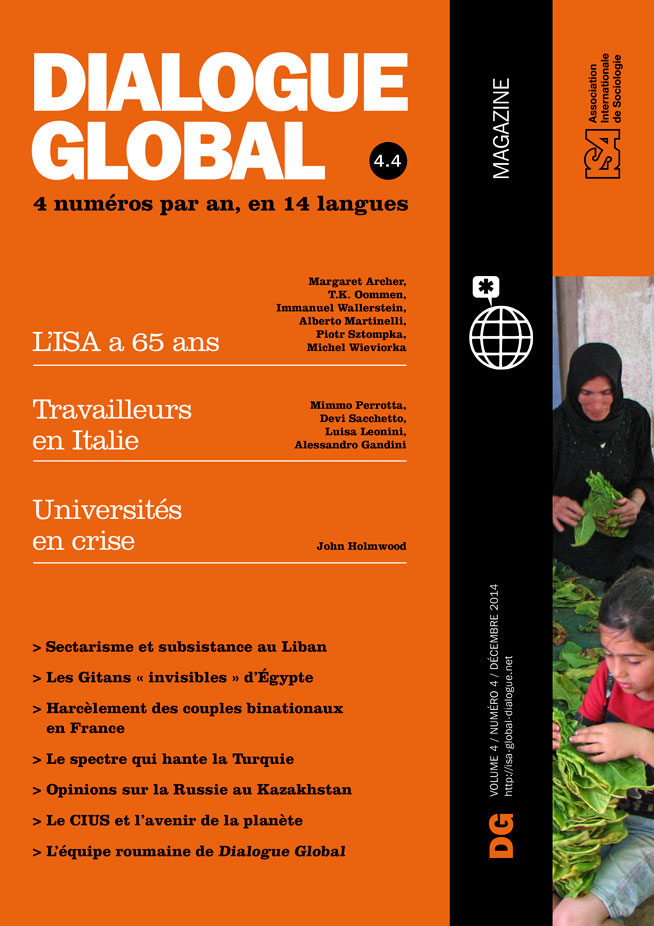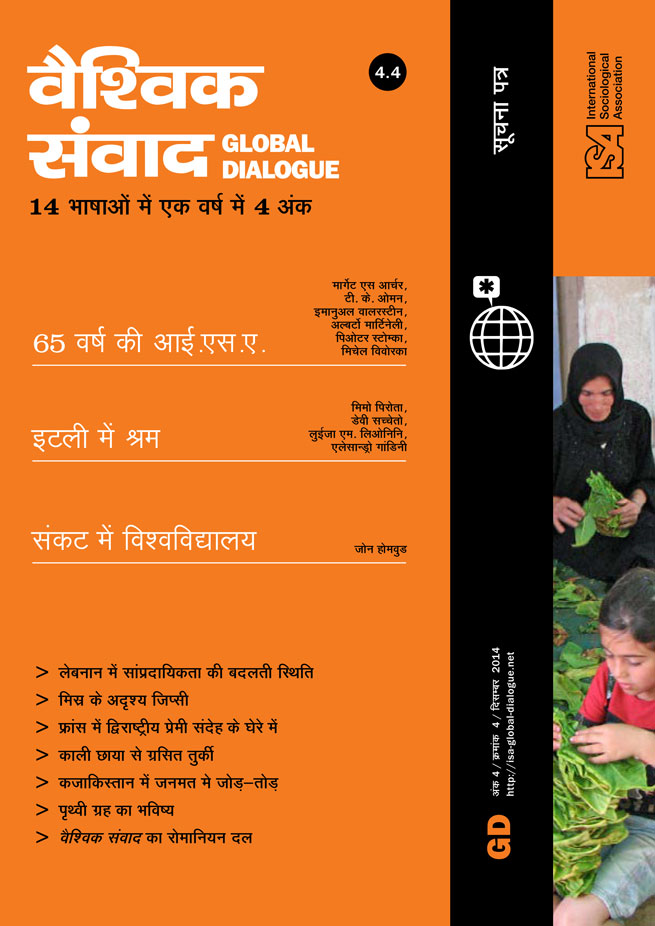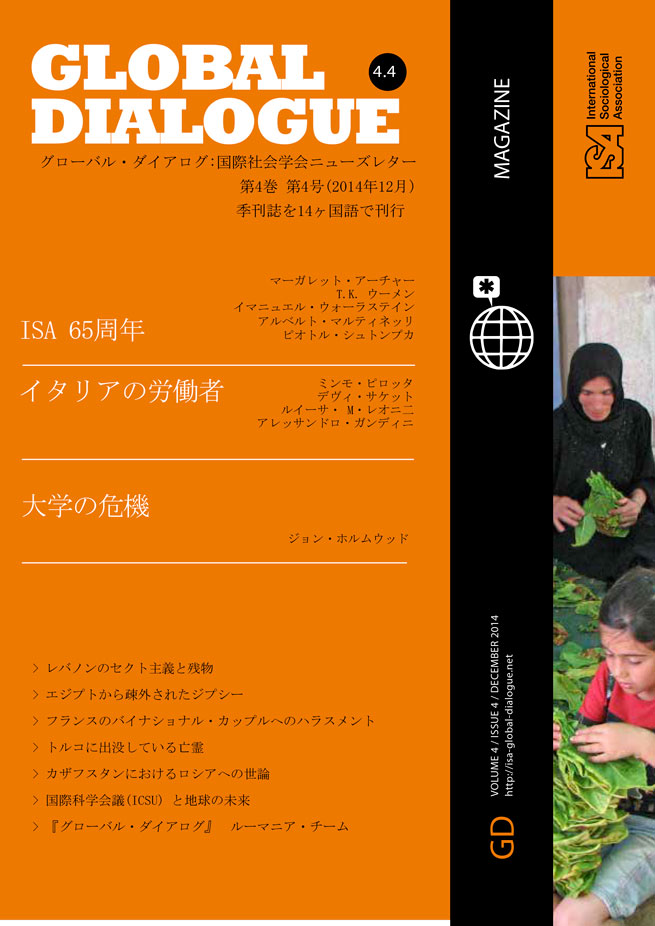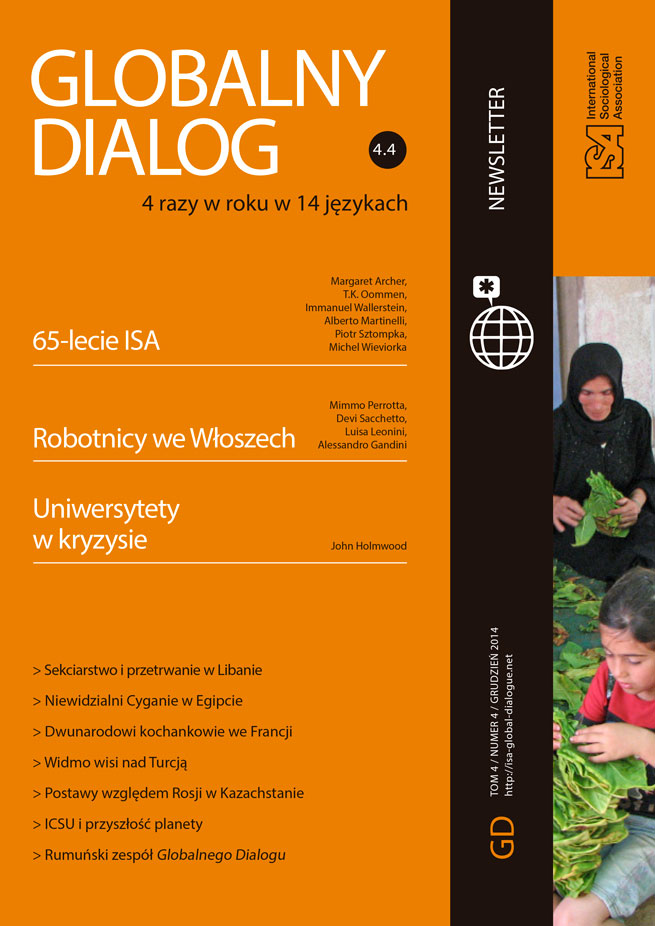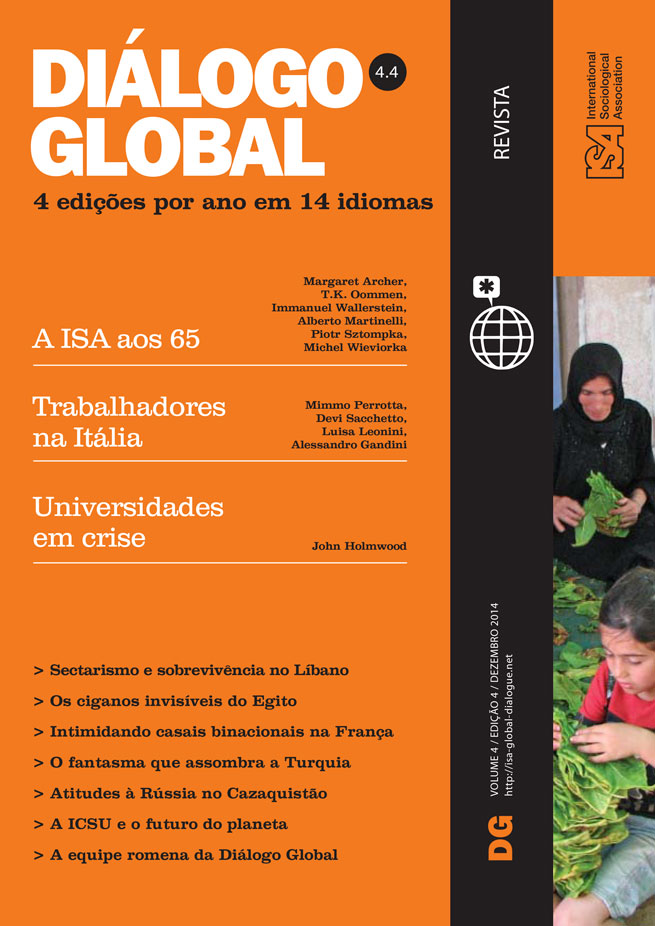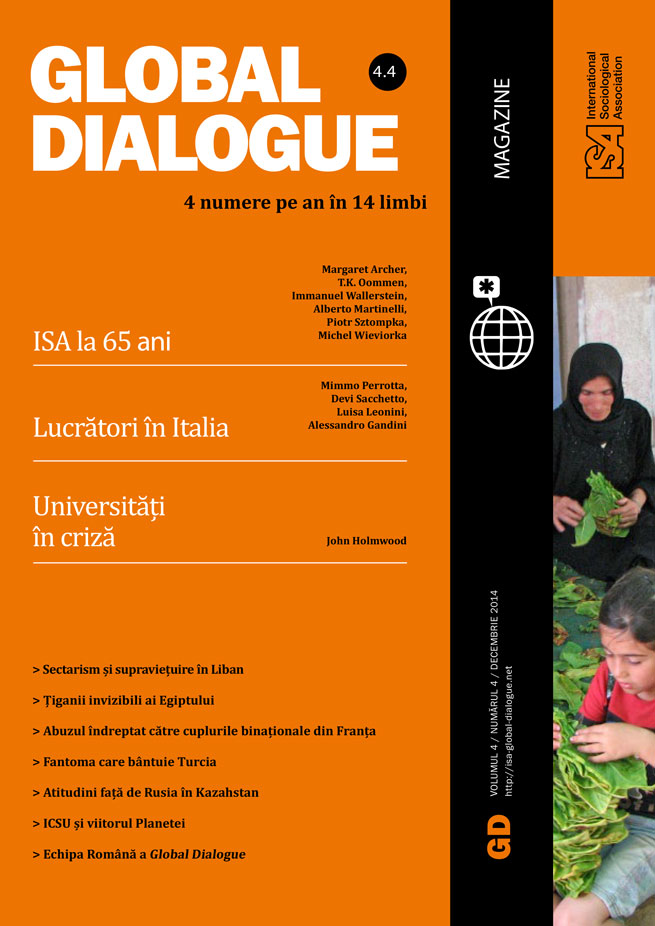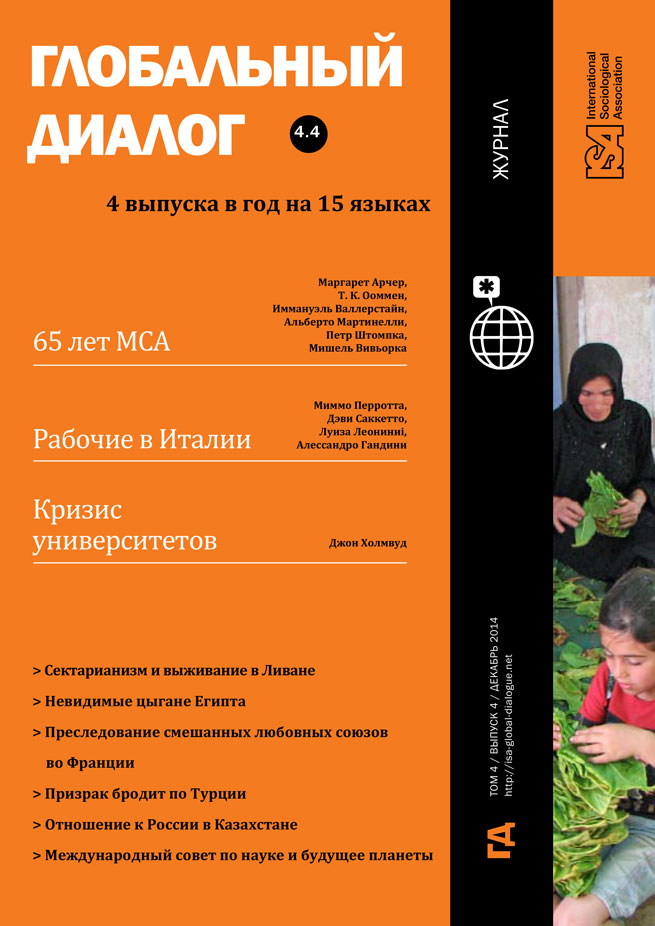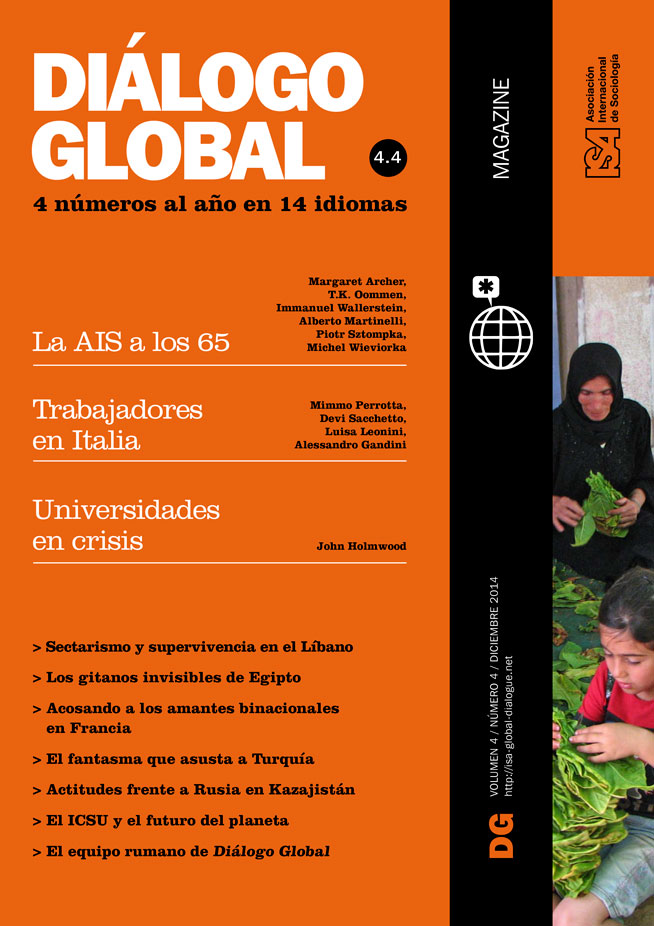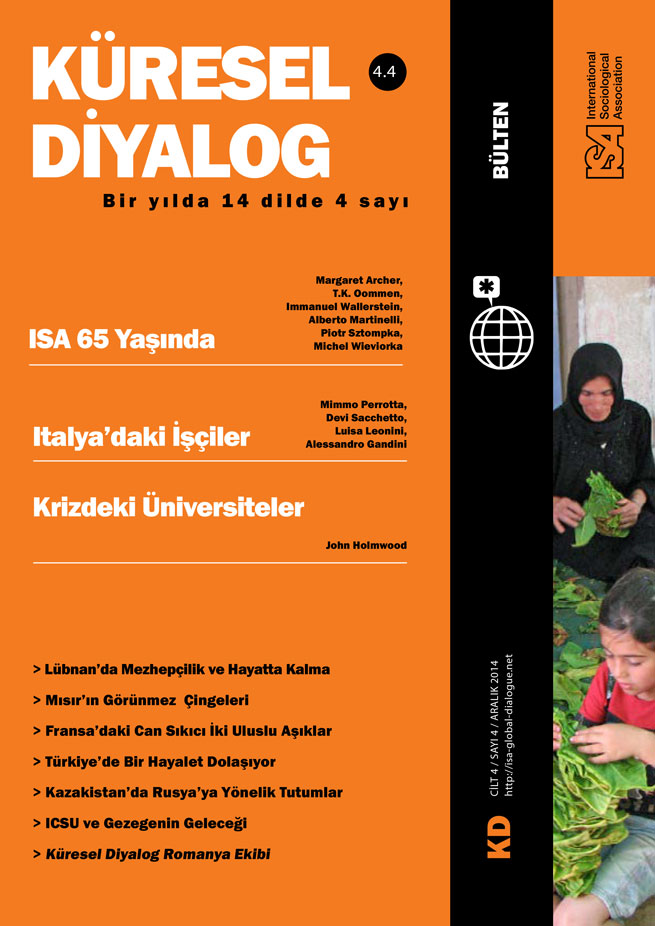Looking backward, we acknowledge that both sociology and its international association, the ISA, have made impressive advances; looking forward, we realize that there is much more to do to make them truly global. The promotion of international sociology was one of the ISA’s key goals from the start. ISA presidents have contributed in different ways to sociology’s internationalization. During my term as president in 1998-2002, for example, we created the Laboratory for PhD Students, a program which has grown steadily, as the Yokohama dialogue between senior and junior sociologists demonstrated.
However, much has still to be done to achieve the goal of a truly global sociology, which the ISA will continue to pursue for two main reasons: first, fostering the growth of global sociology improves the quality of sociological work and makes it more relevant for all; second, a strong ISA contributes (along with other international epistemic communities) to developing democratic global governance for a better world.
The main object and purpose of sociology as a science have not changed either, but, like the ISA, they have been globalized. At the core of sociological inquiry lies the basic question asked by Georg Simmel: how is society possible, that is, how can cooperation be fostered so that basic needs are met, social reproduction guaranteed and conflict regulated. This was a major concern of the classical thinkers, the founders of the ISA, the sociologists of my generation and the next. This question is still central, but now it must also be asked at the world level; and it becomes a more difficult question, because the social world of the 21st century is both a single system and a fragmented world.
Classical sociology had a world perspective, either as theorists of the world economy and society, like Marx or Pareto, or as great comparativists like Weber or Durkheim. But later – when I studied in Berkeley in the late 1960s and early 1970s – professional sociology became more and more confined within national borders. This attitude is no longer possible: contemporary globalization not only implies that the world as such is a new object of study, but requires that any specific study (for example, of family patterns in Europe or Africa or of industrial relations in a Chinese or Brazilian firm) is not only comparative, but framed in a global context, since each region is increasingly interdependent with many others and the world as such is increasingly present in all of its parts. “Glocal” is no longer a neologism in our lexicon.
The sociology of today and tomorrow cannot but be global. It has to be scientific and critical, and it needs a clear identity, but at the same time it should be open to developing interdisciplinary cooperation among the social sciences and between them and the physical and biological sciences. This last requirement is a key institutional goal of the International Social Science Council (ISSC), the umbrella organization of social sciences’ international associations and national research councils. Recent ISSC flagship programs – which as ISSC president I contributed to developing – are all committed to develop a truly global scientific cooperation: the just published World Social Science Report provides a rich picture of the state of sociological research on the environment in all regions of the world; it is available online and worth reading. The theme of the third World Social Science Forum (to be held in September 2015 in Durban) is global justice; I warmly invite all sociologists to participate in this important international forum, which will coincide with a reassessment of the Millennium Development Goals. The five-year environmental research program Future Earth will be jointly coordinated by ISSC and ICSU (the parallel umbrella organization for the physical and natural sciences); ISSC will specifically manage the sub-project Transformations to Sustainability.
The ISA, by itself and within ISSC and ICSU, plays a global role by stimulating intellectually honest and skillful analyses of the different dimensions of globalization and by suggesting effective solutions to problems on the global agenda, like world inequality and global justice. Together with other international scientific associations, the ISA can significantly contribute to global democratic governance in a variety of ways. First, while most influential global actors – like powerful governments, multi-national corporations and fundamentalist religious or nationalist movements – are inspired by self-interest, by increased power or material gain, and tend to impose a unique Weltanschauung, international scientific associations act according to universalistic values. Everyone is evaluated in terms of scientific achievement, teaching ability and professional ethics, and not in terms of gender, ethnicity, age, or nationality. Second, international scientific associations can be an effective antidote against dogmatism and bigotry. In our scholarly work we are accustomed to confront different and even conflicting views, to submit contrary opinions to a fair evaluation in terms of logical consistency and empirical testing; the discourse of science is essentially anti-dogmatic and universalistic. Third, whereas the conveniences of trade or the requirements of diplomacy often persuade governments and corporations to shut one eye – or even both eyes – to violations of basic human rights, international scientific associations, although not entirely free, can be much more outspoken and explicit in the defense of those rights. The ISA has played and will continue to play a relevant role in defending the freedom of thought, speech, teaching, and scientific inquiry. Fourth, international scientific associations in the social sciences, although they face the widespread problems of hegemonic cultures and languages, seem better aware of the risks of ethnocentrism.
These are some of the most relevant ways through which the ISA and other international scientific associations can contribute to global governance and serve as a beneficial counterweight to economic and cultural domination. But in order to be effective these associations must grow in membership, and further develop their projects and scope of activity.
The ISA has a special role to play, since sociology as a scientific discipline has a mandate to explore the complexity of contemporary social relations, to help human beings to live peacefully in a complex world, to recognize unity within diversity, to uphold peace, distributional justice, individual freedom, and cultural pluralism. Sociologists are relevant when they are not just engaged in pure description and interpretation of social phenomena. Sociologists are credible when they contribute as rigorous and dedicated scientists to the pursuit of broader goals. Today’s conflict-ridden world needs good sociologists, people in trouble need good sociologists, short-sighted leaders need good sociologists. Let us live up to our responsibility, mobilizing the talent and resources of the world sociological community.
Alberto Martinelli, University of Milan, Italy, current President of the International Social Science Council and former ISA President, 1998-2002 <alberto.martinelli@unimi.it>
